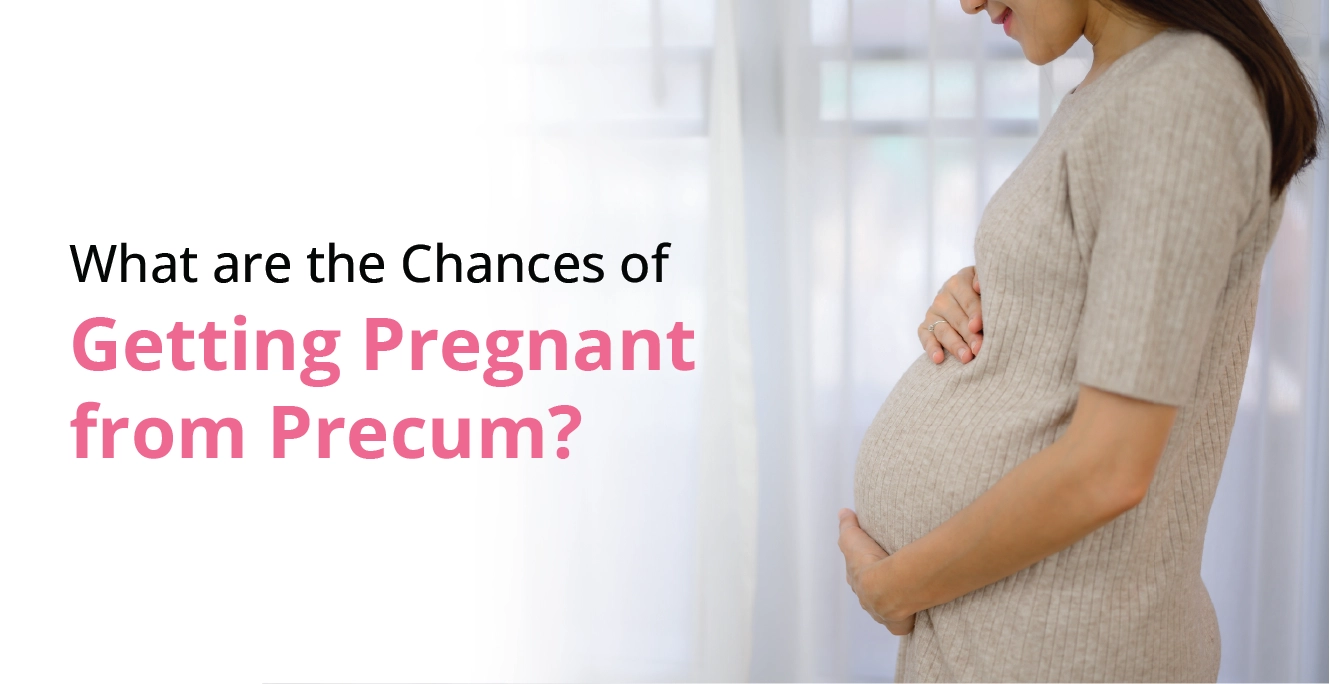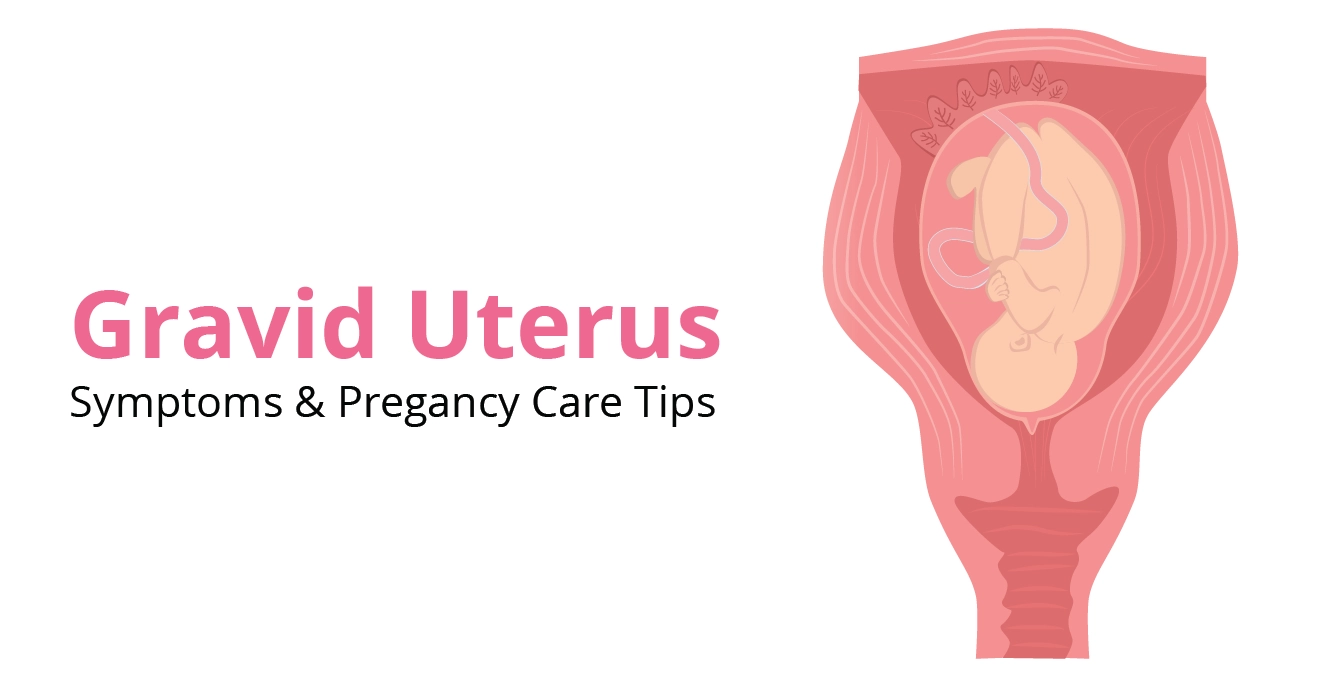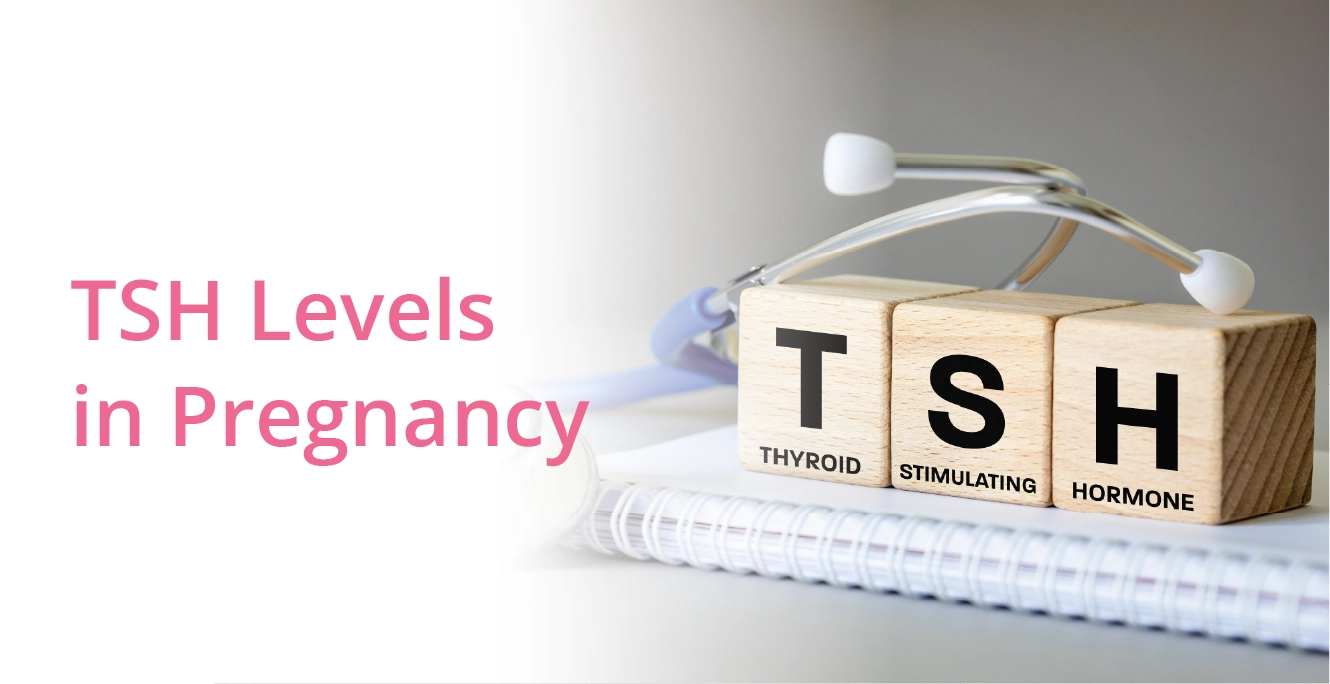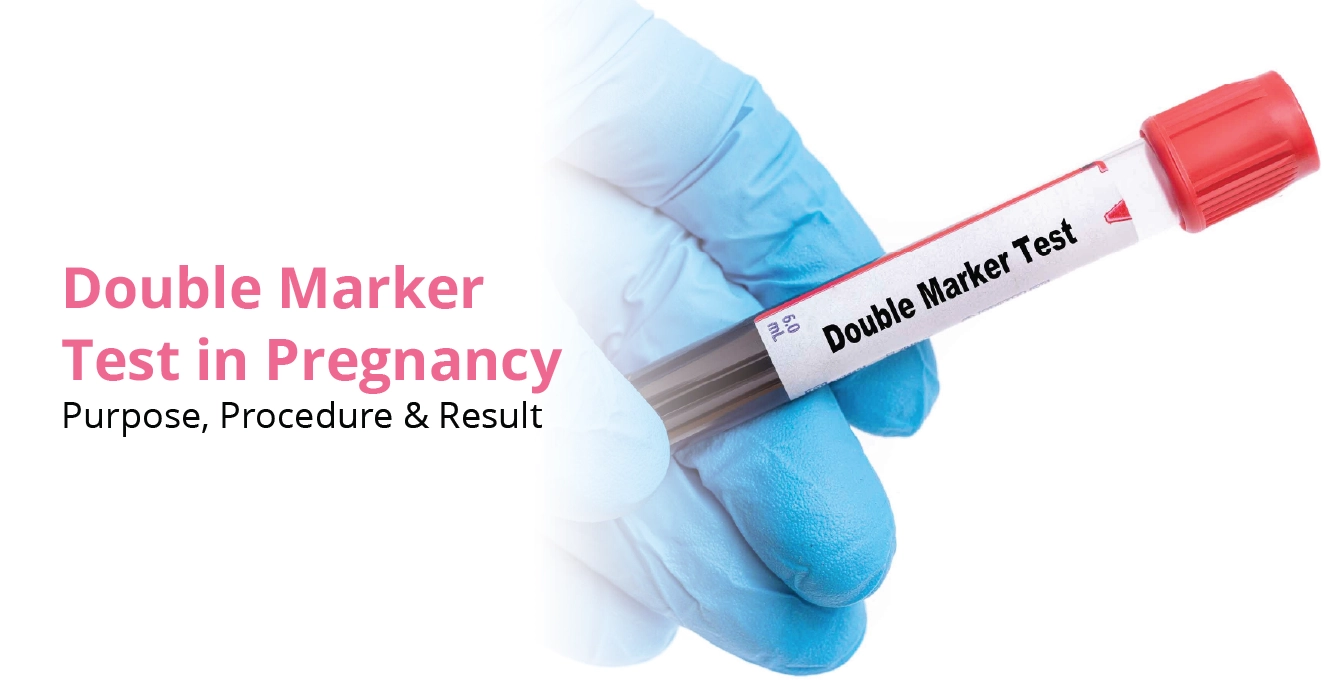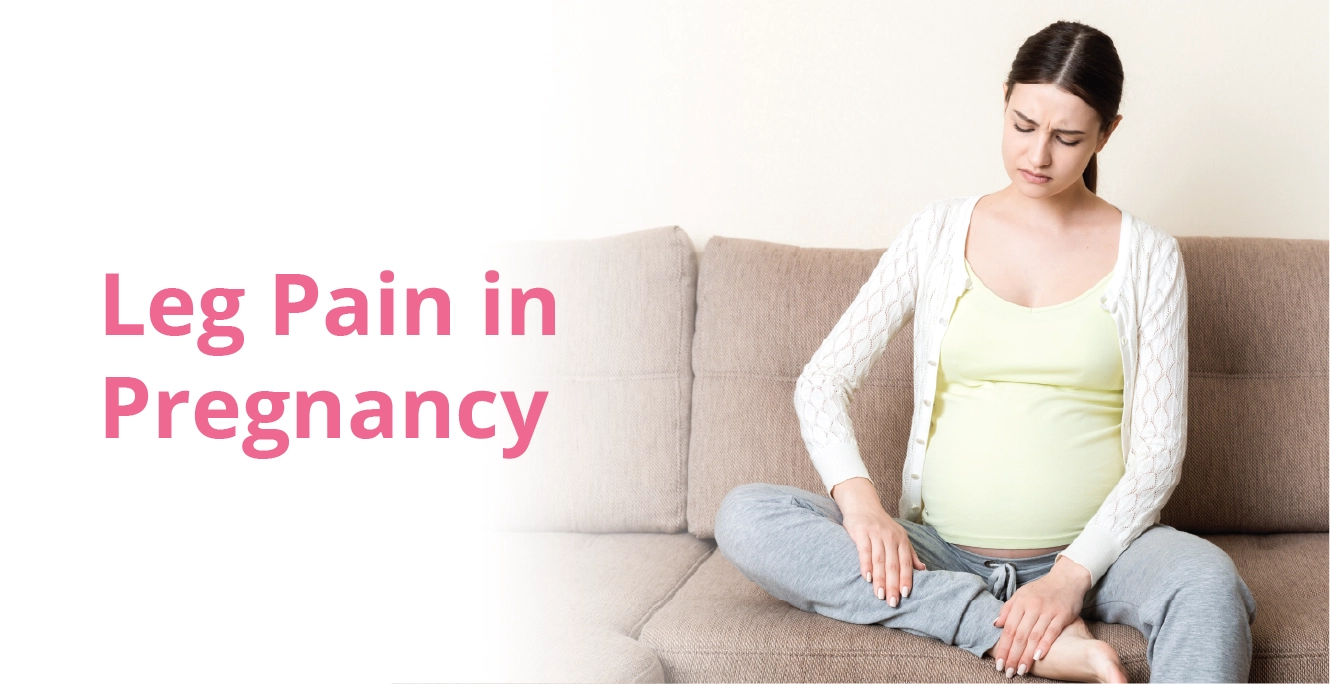
How to Increase Hemoglobin Levels in Pregnancy?

Table of Contents
- Role of Haemoglobin Levels in Pregnancy
- Normal Range of Haemoglobin in Pregnancy
- Causes of Low Hb Levels During Pregnancy
- Symptoms of Anaemia During Pregnancy
- Diagnosis of Low Hb Levels
- What is the Impact of Anaemia on Pregnancy?
- Ways to Increase Haemoglobin Levels During Pregnancy
- Foods That Help Increase Hb Level During Pregnancy
- Lifestyle Changes for Healthy Hb Level
- Risks of Low Hb Level During Pregnancy
- Conclusion
- FAQ’s
Pregnancy is an exciting journey, but with it comes the extra care, nourishment, and attention not just for the baby but also for the mother’s overall well-being. One of the key health parameters that is monitored during pregnancy is haemoglobin (Hb) level. Wondering why? Because these directly impact the supply of oxygen to both mother and baby.
If you are pregnant and have been diagnosed with low haemoglobin levels (also known as anaemia), you are not alone. It is one of the most common conditions that affects expectant mothers, and with the right dietary habits, you can improve your Hb levels naturally.
Role of Haemoglobin Levels in Pregnancy
Haemoglobin is a protein found in red blood cells and is responsible for carrying oxygen from our lungs to the rest of our body. When a woman gets pregnant, the volume of blood increases to support the growth and development of the baby. This leads to the dilution of haemoglobin and causes mild anaemia.
However, if haemoglobin drops too low, it becomes a matter of concern. It may cause fatigue, dizziness, and other complications that can affect both mother and child. Maintaining an adequate Hb level is, therefore, important to ensure proper oxygen flow, healthy foetal growth, and lower risks during labour and delivery.
Normal Range of Haemoglobin in Pregnancy
Normal haemoglobin levels in a pregnant woman are slightly lower than in non-pregnant women due to increased plasma volume. Here is the standard range:
| Stage of Pregnancy | Normal Hb Level |
| First Trimester | 11–13 g/dL |
| Second Trimester | 10.5–12.5 g/dL |
| Third Trimester | 10–12 g/dL |
Hb levels below 10 g/dL indicate anaemia and require immediate attention from your healthcare provider.
Causes of Low Hb Levels During Pregnancy
A low haemoglobin during pregnancy can be due to multiple factors, the common ones being:
- Deficiency of iron, which is important for producing haemoglobin.
- Deficiency of folate, which helps in the formation of red blood cells.
- Deficiency of vitamin B12
- Frequent pregnancies with limited time between pregnancies can deplete iron stores.
- Blood loss due to conditions like haemorrhoids or heavy menstrual loss before conception.
Symptoms of Anaemia During Pregnancy
In the early stages, anaemia may go unnoticed, but as Hb levels drop, symptoms become more visible and haemoglobin should be checked. Common signs include:
- Persistent tiredness and weakness
- Pale skin and lips
- Shortness of breath
- Dizziness or fainting
- Cold hands and feet
- Rapid heartbeat
- Difficulty concentrating
Diagnosis of Low Hb Levels
Anaemia can be diagnosed through a simple blood test.
- Complete Blood Count (CBC): To check the overall red blood cell count and haemoglobin levels.
- Serum Ferritin Test: It measures iron stores in the body.
- Peripheral Blood Smear: It helps identify the type of anaemia (iron deficiency, folate deficiency, etc.).
What is the Impact of Anaemia on Pregnancy?
If left untreated, low haemoglobin levels can significantly impact both mother and baby.
- Increased fatigue which can makeit harder to cope with daily pregnancy demands.
- Increased risk of early delivery.
- Reduced oxygen and nutrient supply can impact the baby’s growth and may lead to low birth weight.
- Severe anaemia may influence mood and recovery leading to postpartum depression.
- Delayed recovery post-delivery can lead to low energy and prolonged healing.
In extreme cases, severe anaemia can increase the risk of maternal and infant mortality. Hence, timely diagnosis and management are crucial.
Ways to Increase Haemoglobin Levels During Pregnancy
If you are wondering how to increase haemoglobin during pregnancy, here are some of the effective tips:
Iron Supplements
When Hb levels drop below 10 g/dL, doctors often prescribe iron tablets or syrup. Do not self-medicate and take the supplements on your doctor’s advice.
Folate and Vitamin B12
Taking folic acid (usually 400–600 mcg daily) and vitamin B12 helps support red blood cell production and prevents megaloblastic anaemia.
Balanced Diet
A nutritious, iron-rich diet plays a major role in maintaining healthy haemoglobin levels. Let’s look at foods that can naturally help increase your Hb.
Foods That Help Increase Hb Level During Pregnancy
When it comes to improving Hb naturally, food is your best friend. Include the following in your daily diet:
| Category | Food | Benefits |
| Iron-Rich Foods | Lean red meat, chicken, fish, eggs (yolk), spinach, kale, lentils, beans, chickpeas, dried fruits (dates, apricots, raisins), whole grains, fortified cereals | Provides iron, essential for red blood cell production and improving Hb levels |
| Folate-Rich Foods | Citrus fruits (oranges, lemons), broccoli, asparagus, Brussels sprouts, avocado, beets, nuts, seeds | Supports red blood cell formation and prevents folate-deficiency anaemia |
| Vitamin B12 Sources | Eggs, milk, cheese, yoghurt, fortified plant-based milk, meat, liver, fish | Helps produce healthy red blood cells and prevent megaloblastic anaemia |
| Vitamin C Boosters | Guava, amla, orange, lemon, kiwi, tomato juice | Enhances absorption of non-heme iron from plant-based foods |
| Foods to Avoid with Iron-Rich Meals | Tea, coffee, calcium supplements, dairy, processed/high-fibre foods immediately after meals | These block iron absorption and reduce Hb improvement |
Lifestyle Changes for Healthy Hb Level
Apart from diet and supplements, simple lifestyle habits can support better haemoglobin levels during pregnancy:
- Get adequate rest: Fatigue worsens anaemia symptoms.
- Stay hydrated: Proper fluid intake aids nutrient absorption.
- Exercise moderately: Light prenatal exercises improve circulation.
- Avoid stress: Chronic stress can affect nutrient balance.
- Follow-up testing: Regular monitoring helps track improvement.
Risks of Low Hb Level During Pregnancy
If you don’t address anaemia, it can have the following risks:
- Increased chance of premature delivery.
- Low birth weight in infants.
- Postpartum haemorrhage (excessive bleeding after delivery).
- Impaired milk production.
- Developmental delays in infants.
Hence, maintaining healthy Hb levels is not only essential for your own well-being but also for your baby’s healthy start in life.
Conclusion
Low haemoglobin during pregnancy is common but should not be overlooked. With timely care, it is manageable. Follow your doctor’s advice, incorporate iron-rich foods in your diet and take adequate rest. Pregnancy is a beautiful journey, and taking small steps toward a healthier haemoglobin count ensures both you and your baby stay strong every step of the way.
FAQ’s
What is the normal haemoglobin level during pregnancy?
Below are the normal haemoglobin (Hb) levels during pregnancy
- 11–13 g/dL in the first trimester
- 10.5–12.5 g/dL in the second trimester, and
- 10–12 g/dL in the third trimester
A slight drop is common due to increased blood volume, but your doctor will monitor it regularly to ensure it stays within a healthy range.
Is 9.5 Hb low during pregnancy?
9.5 g/dL is considered low and indicates mild anaemia. Though it is common during pregnancy but it does need attention. Your doctor may recommend iron and folic acid supplements, along with an iron-rich diet including leafy greens, lentils, and citrus fruits to help raise your Hb levels safely.
How much haemoglobin is needed for normal delivery?
For a safe and smooth delivery, doctors normally prefer haemoglobin levels to be above 11 g/dL. Low Hb levels can increase fatigue, blood loss, and risk of complications during childbirth. Maintaining a healthy diet and taking prescribed supplements can help achieve this level by the time of delivery.
Our Fertility Specialists
Related Blogs
To know more
Birla Fertility & IVF aims at transforming the future of fertility globally, through outstanding clinical outcomes, research, innovation and compassionate care.
Had an IVF Failure?
Talk to our fertility experts

 Our Centers
Our Centers







